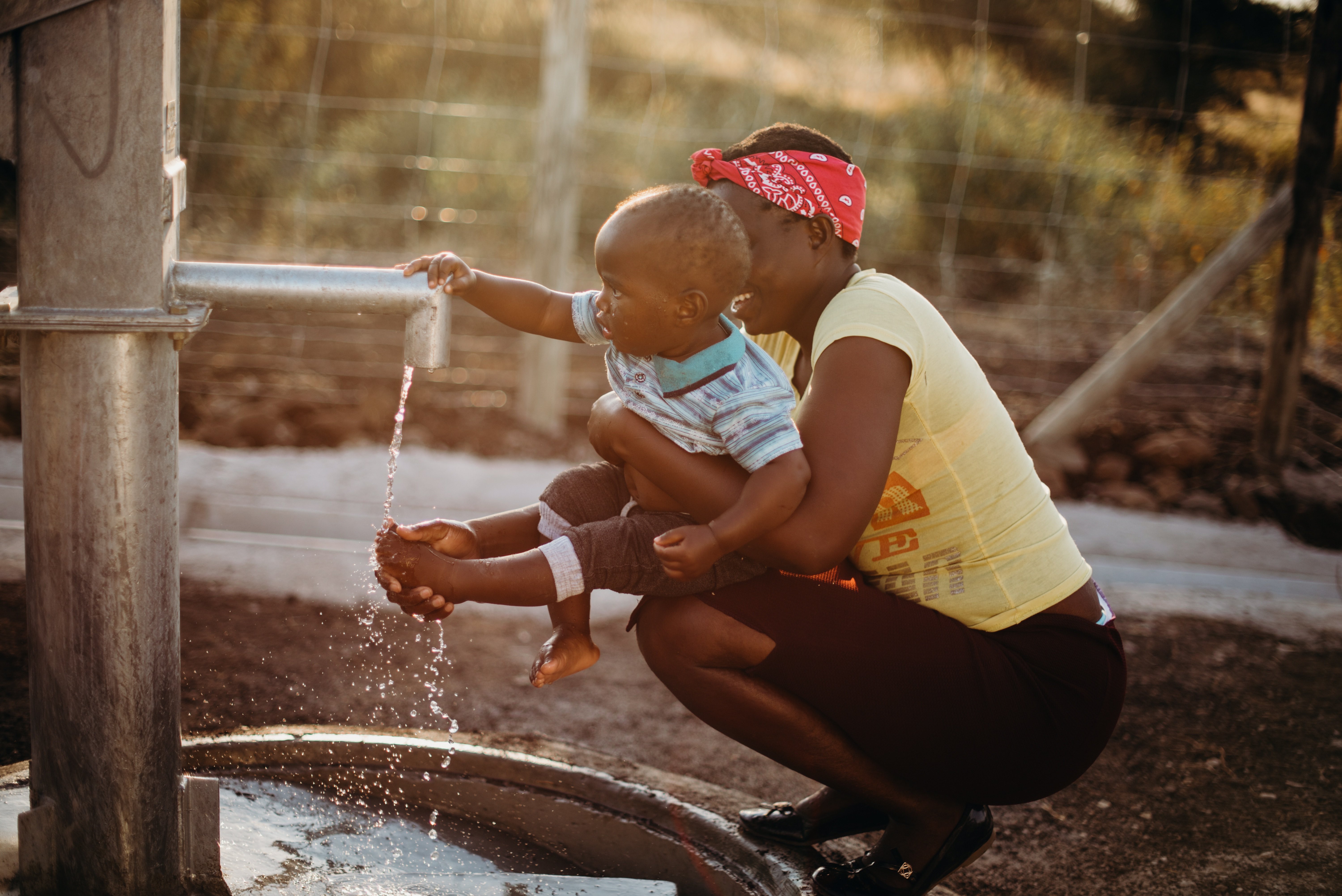“I’m dreaming of the stars. Every night it was like a blanket of stars would take over the entire sky, absolutely mesmerizing,” said Léna Seltzer, describing Swaziland. She visited the country with the Thirst Project for two weeks this past summer.
Seltzer, a second-year Concordia student majoring in political science and french with a minor in spanish, got the opportunity to visit Swaziland with the Thirst Project, to meet the communities and see the wells they had raised money to build.
Launched in 2008, the Thirst Project is the leading youth water-activism organization in the world. Its goal is to end the global water crisis by providing communities with safe drinking water. Over 2,200 projects have been completed in 13 countries, including India, El Salvador and Uganda.
Right now, the Thirst Project is committed to providing everyone in Africa’s second smallest country with safe drinking water by 2022. Seltzer, former president of her high school’s chapter of the Thirst Project, helped raise USD $28,000 out of the USD $50 million it’s going to cost.
“The focus is on Swaziland because it has [one of the world’s] highest rates of people with AIDS,” said Seltzer. The connection between water and HIV/AIDS is significant. If communities have access to medical treatments but are still forced to drink from contaminated water sources, the diseases in the water will kill them faster than AIDS itself, according to the Thirst Project.
Seltzer said women and children in Swaziland walk an average of 6.04 km every day to fetch water, which is contaminated. “It’s shared with animals that are defecating so they tend to get diseases like diarrhea. [Diseases] that would normally be uncomfortable become life threatening,” said Seltzer.
One water well in Swaziland costs USD $12,000, which means Seltzer helped raise money for at least two wells. Each well serves between 300 to 500 people. She travelled to Swaziland on behalf of the Thirst Project with a photographer and a videographer to document the project in twelve communities.
“A woman would come up to us and say ‘Look, I built this garden now that we have clean water! Do you want to come see my garden?’” said Seltzer. “And the sun shines differently there. We experienced our first African sunset. It was so powerful. And then you see it go down. Woah!” said Seltzer.
A critical part of building the wells is that the builders and contractors are from Swaziland. Not only does that create jobs, according to Seltzer, but because they are so simple, the pieces and materials can easily be found and replaced. Moreover, each community has a Water Project Technical Committee who make sure the well is maintained. Community involvement is crucial to keep the well functioning.
“My big thing that I started [during my year as president] was a gala where people dressed up and people paid for their food and entertainment,” said Seltzer. “We had raffles and donations.” The gala is now annual, and as she volunteers with the project from a distance, she is now training the new president and team at West Islip High School, her former school. “Since it started at our school in 2012, we raised USD $100,000. Now that it’s the top school [for collecting donations], there’s a lot of pressure on them,” said Seltzer.
Seltzer and her team also raised money by going dumpster diving. “We were literally in garbage cans, grabbing all the recyclable items we could find—mostly water bottles, but a mix. We would go to the supermarket and recycle everything for the 5 cents and we would leave […] with over 100 dollars often,” said Seltzer.
They also sold Pop-Tarts at school, organized yard sales and test drove cars. “Lincoln Mercury would give you $40 every time you would test drive a car,” said Seltzer.
According to the project’s website, “663 million people lack access to clean, safe drinking water.” When the project started, 1.1 billion people didn’t have access to clean drinking water, and thanks to many organizations and lots of community work, that number has gone down. Seltzer believes she is part of something bigger. “Seth Maxwell, [founder of the project], always likes to say that we are going to see the end of the water crisis in our lifetime, not in the next 80 years but when we are still here,” she said.
Photos by Léna Seltzer.











